Plumbing is an exceptional skill to have, whether you're planning to fix your sink or embark on a new career path. Many wonder how long it takes to grasp the basics, and with good reason—understanding the plumbing framework can save you both time and money on repairs.
Immersing yourself in the plumbing world doesn't need to be daunting. With accessible courses and a bit of dedication, anyone can learn to handle fundamental tasks. Envision confident strides towards DIY projects and the pride that follows completing challenging repairs.
This article provides guidance on starting with plumbing, selecting the right course, and delving into foundational skills. Let's explore what lies ahead and equip you with knowledge to embrace the world of pipes and wrenches.
- Understanding Basic Plumbing
- Choosing the Right Course
- Timeframe for Learning
- Essential Tools and Resources
- Tips for Practicing Plumbing Skills
Understanding Basic Plumbing
When you first dive into the world of plumbing, it might seem like you're entering a secret society of pipes, fittings, and fixtures. Yet, understanding the basic principles of plumbing doesn't have to be an elusive task. At the core, plumbing involves a system of pipes, tanks, and fixtures designed to move water, gas, or waste. This means not only knowing about water in your bathroom sink but understanding the entirety of the system that runs throughout your home.
The basics of plumbing skills start with identifying and differentiating between supply and drainage systems. Supply systems carry water into a home under pressure to different locations like faucets, showerheads, and appliances. In contrast, the drainage system relies on gravity rather than pressure, guiding waste water out of the home and into the sewage system. Recognizing these two key systems is foundational in achieving a general grasp on how plumbing works.
Moreover, plumbing can be understood through its elements—pipes, fittings, and fixtures, which are primarily crafted from materials like copper, PVC, or PEX. These materials play a significant role in determining the longevity and efficiency of your plumbing project. Understanding the benefits and limitations of each can dramatically impact the proper installation and maintenance practices. For instance, PEX is known for its flexibility and resistance to freezing, often favored by DIY enthusiasts and professionals alike.
Plumbing courses typically cover safety regulations, installation protocols, and troubleshooting techniques. According to experts, building this foundation in knowledge paves the way for more advanced repairs and installations. "Learning the essentials of plumbing is not just about fixing leaks; it's about understanding systems that intricately balance mechanics and fluids," states Mary Buford, a seasoned plumbing instructor, in one of her latest interviews.
Basic Plumbing Components
Understanding plumbing also means getting acquainted with the components. Valves, fittings, and faucets each play a unique role in managing and directing water flow. Identifying leaks, addressing water pressure issues, and understanding the use of tools like wrenches, sealants, and tapes are all part of finding success in this field.| Component | Primary Function |
|---|---|
| Pipes | Transport water or waste; various materials like copper or PVC |
| Valves | Control the flow and pressure of water within the system |
| Fixtures | Deliver water for use; includes sinks, showers, toilets |
In conclusion, understanding basic plumbing is about much more than just piecing together parts. It's about respecting the history and principles that those pipelines represent. It's about solving puzzles with real-world consequences and using logic to maintain one of the essential systems that sustain modern life. As you learn, the key is to practice regularly and apply the knowledge you gain incrementally. With determination and a bit of help from the right resources, mastering the basics of plumbing can be a truly rewarding experience.
Choosing the Right Course
Embarking on a journey to master basic plumbing skills starts with selecting the right course. With a plethora of options available, it can be a bit overwhelming, but finding the right fit is crucial for your success. A well-chosen course acts as a cornerstone, helping you navigate through the intricacies of pipes, taps, and drains with ease.
When looking for a quality course, it's important to consider the curriculum offered. A good course should cover fundamental aspects such as pipe installation, fixing leaks, and understanding plumbing systems. It's beneficial if the course also includes hands-on practice because plumbing is as much about doing as it is about knowing. Institutions that provide workshop sessions often give students a chance to apply what they've learned in a practical setting, bridging theory with real-world application.
With the advancing age of digital learning, many aspiring plumbers are turning to online courses. These courses provide flexibility and often come with video tutorials and online forums for support. However, if you prefer in-person interaction and immediate feedback, local educational centers or trade schools might be the better option for you. A blend of both can offer a comprehensive learning experience.
"The best classroom is at the feet of an expert," noted veteran plumber John Crapper during a recent panel discussion. "Whether you're in a physical classroom or a virtual one, make sure your instructors have hands-on experience."
Additionally, accreditation is key. Completing a certified course gives you not only the knowledge but also the recognition needed to start working in the field. Check for courses that align with recognized institutions; this adds an extra layer of reliability to your learning path. With the right accreditation, you'll stand out in the field and have a robust foundation on which to build your skills.
Cost is another factor that can't be ignored, but investing in your education is investing in your future. Compare course fees, but also weigh what you're getting in return—access to tools, materials, and qualified instructors can justify a higher price. Remember to ask about any additional charges for exams or materials. Some institutions might offer payment plans or financial aid, making it a bit easier on your wallet.
Look for reviews or testimonials from previous students, as these can provide insights into the course's effectiveness and quality. And if possible, reach out to alumni directly through social media or forums to gather firsthand accounts of their experience. Listening to personal stories can illuminate aspects of the course you might not have considered before.
By taking these elements into account, you can confidently select a course that not only fits your schedule and budget but also opens doors to becoming proficient in plumbing courses. Keep your goals in sight, and approach this learning venture with enthusiasm and curiosity, and you'll soon find yourself handling plumbing challenges with skill and confidence.
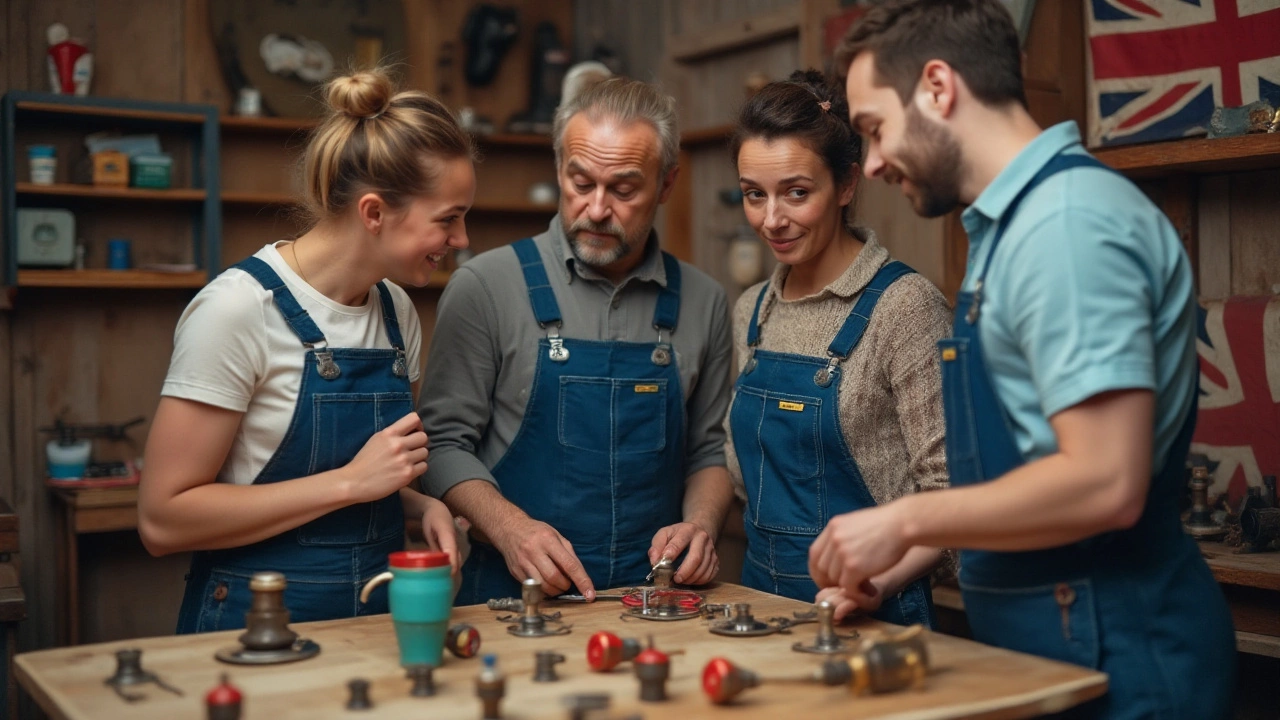
Timeframe for Learning
When embarking on the journey to learn basic plumbing skills, the burning question often is just how long this process might take. It's essential to recognize there isn’t a one-size-fits-all answer, as the time necessary can vary based on several factors. Motivation, prior experience, availability of learning resources, and the complexity of the topics you want to cover all play significant roles. For many beginners, dedicating a solid six weeks may be sufficient to grasp the basics. During this period, engaging with a structured course, both online or in-person, can significantly accelerate learning. It's about setting a rhythm—consistent practice has the potential to solidify your understanding swiftly.
Let's talk about online courses. The convenience of learning in your own space cannot be overstated. Many popular platforms offer tailored schedules that might range from a few days intense bootcamps to courses spanning months. For instance, if one opts for two to three hours weekly, the timeframe might stretch over a couple of months. That said, if immersing yourselves for several hours more per week, results might be achieved much sooner. One study shows about 80% of learners find a balance with eight weeks of focused time investment. Yet, let’s not forget practical experience which is equally invaluable. Numerous platforms offer DIY projects that involve hands-on trials. Hands-on exposure provides an opportunity to apply theoretical knowledge and see tangible results. Imagine the satisfaction of concluding those first meaningful independent tasks around the home!
For those seeking a quicker plunge into more advanced topics within plumbing, enrolling in shorter intensive courses might be worthwhile. These compressed schedules are designed to fast-track you to more technical expertise efficiently. Having the support of seasoned instructors provides immediate feedback and tailored suggestions, offering an edge in mastering elements faster.
"Experience is the name everyone gives to their mistakes."—Oscar Wilde. Embracing this philosophy helps when encountering unexpected real-world challenges, solidifying your learning. Experience gained through trial and error frequently enhances the learning curve.
While gauging exactly how long learning might take is complex, one of the sound strategies is breaking down your goals into manageable segments. Timescales are defined by actual output—say, if fixing a leaky faucet independently becomes one checkpoint or efficiently installing and understanding a piping system as another. By approaching learning in phases, tracking progress can often be more evident. Set milestones for involvement—complete particular sections, commit to specific exercises—this approach truly encourages steady advancement.
Lastly, the maintenance of enthusiasm is crucial. Plumbing might initially sound like a realm built merely on nuts, bolts, and pipes, yet practical application is surprisingly exciting. When your curiosity is kept piqued through job satisfaction, hours of learning transform from obligation to passion. With these methods, you can estimate wisely, adapt efficiently, and achieve the five-star plumbing skills that drive ambitious DIY enthusiasts.
Essential Tools and Resources
Embarking on your plumbing journey starts with assembling the right tools and resources, as they form the backbone of any successful plumbing project. One cannot overstate the significance of having the right toolkit before diving into the world of pipes and fixtures. Imagine setting out to repair a leaky tap only to find yourself lacking a wrench—a situation that could easily derail even the simplest tasks. At the heart of a plumber's toolbox are essentials like the adjustable wrench, pipe wrench, and a reliable tape measure. Each tool serves a unique purpose, making them indispensable for a novice aiming to master basic plumbing skills. As a beginner, it's crucial to invest in quality tools that will last long and provide efficiency in every task at hand.
Equally paramount are plumbing courses and online tutorials, which serve as invaluable educational resources. The growing digital landscape offers a myriad of platforms where you can access step-by-step guides and videos designed for learning plumbing courses. Websites like DIY Plumbing Advice and online marketplaces provide courses tailored for beginners eager to learn. These resources often break down complex concepts into digestible modules, making the learning process seamless and engaging. An especially notable benefit is the flexibility these courses offer—perfect for those juggling other commitments yet determined to acquire new skills. Speaking of resources, Mike Page, a notable plumbing expert once said, "The best way to learn plumbing is to never stop practicing, utilizing every resource you can find."
Expanding further, both physical and digital books remain timeless resources for budding plumbers. Delving into comprehensive guides like 'The Complete Guide to Plumbing' by Black & Decker provides an intricate exploration into both traditional and modern plumbing techniques. These books often come equipped with illustrations, demystifying intricate procedures for easier comprehension. For those keen on quick references, an old-fashioned plumbing handbook can be an invaluable companion. It’s fascinating how these books blend technical details with practical advice, perfectly suited for someone considering a full-scale learn plumbing adventure. Alongside reading, being part of local workshops adds a layer of hands-on experience, facilitating interaction with seasoned professionals who can offer personalized advice and troubleshooting tips.
Moreover, creating a learning environment that embraces practice and patience is imperative. Setting up a DIY corner at home where you regularly practice essential plumbing techniques could prove beneficial. Imagine transforming a spare space into a mini workshop, with a variety of pipes and fittings at your disposal for experimentation. Real-world practice complements theoretical learning, fostering a balanced educational experience that equips you to tackle actual plumbing challenges confidently. This hands-on approach not only reinforces the skills learned but also builds the confidence needed to handle beginner plumbing tasks independently.
Lastly, let's briefly dive into the modern technological aids revolutionizing plumbing education. Apps like iFixit provide insights into the plumbing infrastructure, offering a unique blend of augmented reality and interactive learning. These apps curate personalized learning experiences, making it an exciting journey from novice to skillful plumber. Embracing technology within the learning spectrum opens up new worlds of possibilities, encapsulating the evolving nature of plumbing and its future.
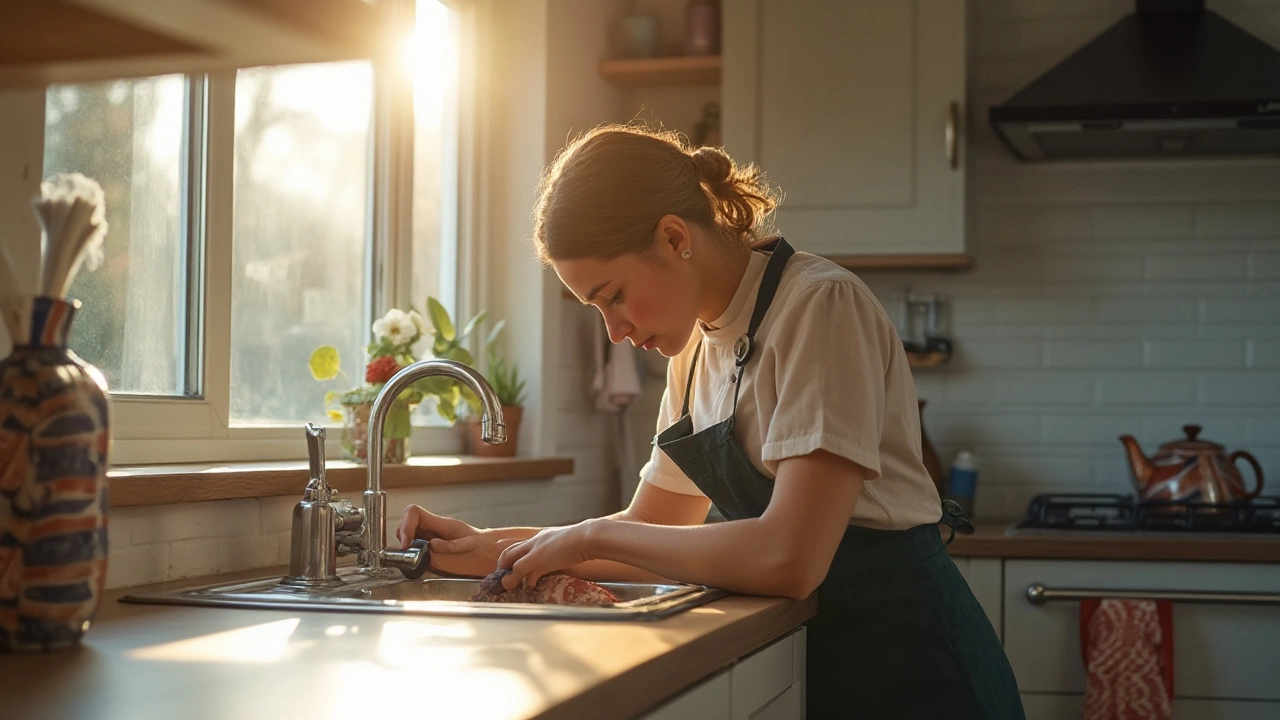
Tips for Practicing Plumbing Skills
Embarking on the journey to master basic plumbing skills can feel like stepping into a labyrinth of pipes, wrenches, and valves. Yet, with a bit of structured practice, you can find your way to becoming a competent DIY plumber. The starting point is understanding the fundamental tools and their uses. Familiarize yourself with wrenches, pipe cutters, and plungers which are the bread and butter of plumbing. Spend some time getting to know these tools—watch video demonstrations or attend a hands-on workshop. Handling them in real life will give you confidence when tackling real plumbing issues.
A great piece of advice comes from seasoned plumbers who often suggest, ‘start small and steady.’ A well-functioning sink is akin to a well-crafted story—it requires understanding the basics of flow and structure. Try tackling minor projects first; think leaking taps or replacing showerheads. With every little job, you're refining your craft, much like an artist details their masterpiece. Consider dedicating a few hours each week to experiment with different plumbing scenarios, perhaps setting up a little test area with old pipes you can work on.
“The only way to do great work is to love what you do,” Steve Jobs once said, which resonates well here, as nurturing a passion for plumbing can significantly elevate your skill level.
One might wonder how others excel at these skills, often it lies in networking and sharing knowledge. Joining a local plumbing forum or group can offer both guidance and camaraderie. You may opt for occasional meet-ups where tips, experiences, and even mistakes are shared openly. Through these interactions, you gain valuable insights—not just into plumbing but into handy tricks and hacks from those who’ve been there, done that. Connecting with others offers a broader perspective and can provide you with solutions that you may not have considered on your own.
Practicing plumbing is more than just an individual endeavor; it's part of a larger world, and understanding this can open doors to learning. Online courses and tutorials provide a wealth of information, coupled with forums where troubleshooting advice flows as freely as water through clean pipes. Here, you can discuss successes and pitfalls, a supportive community helping each other dodge common plumbing errors. Keep in mind that the internet presents a library of resources that can expedite your learning curve when used wisely.
Gathering Tools and Resources
Having the right tools at your disposal is indispensable for becoming adept at plumbing courses. Imagine a chef without knives, and you're beginning to understand why investing in a solid toolkit is non-negotiable. Aim to purchase high-quality items that will last rather than constantly replacing cheaper alternatives. For each project, double-check the required tools ahead of time, laying them out systematically. This preparation saves you from frantic searches mid-task and streamlines your workflow, turning what could be a confusing endeavor into a manageable one.
When stepping into more persistent practice, remember the adage: practice makes perfect—still, it also highlights areas of improvement. Whether trying out new techniques or repeating old ones, documenting your work offers tangible evidence of growth and serves as a learning tool. Note successes, challenges encountered, and surprising solutions found. Over time, this journal of experiences becomes an invaluable reference point. By tracking your own progress, you'll see just how far you've come and feel inspired to push further into the world of plumbing mastery.

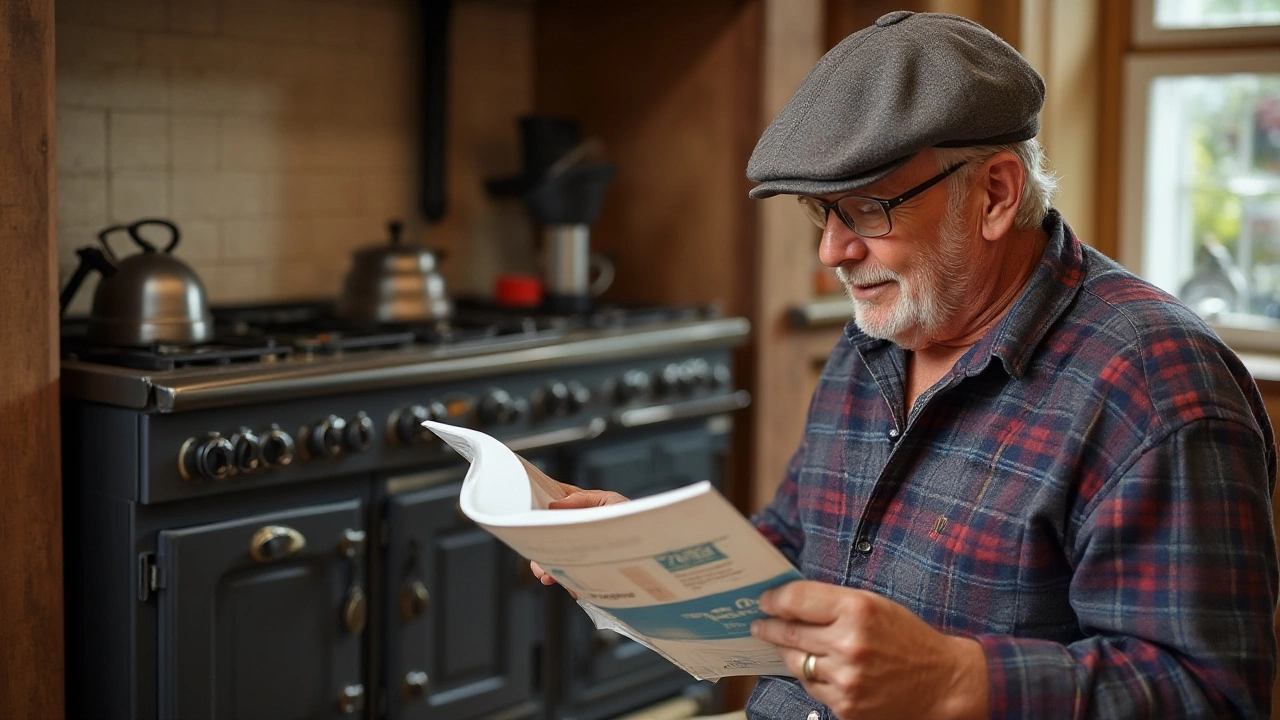
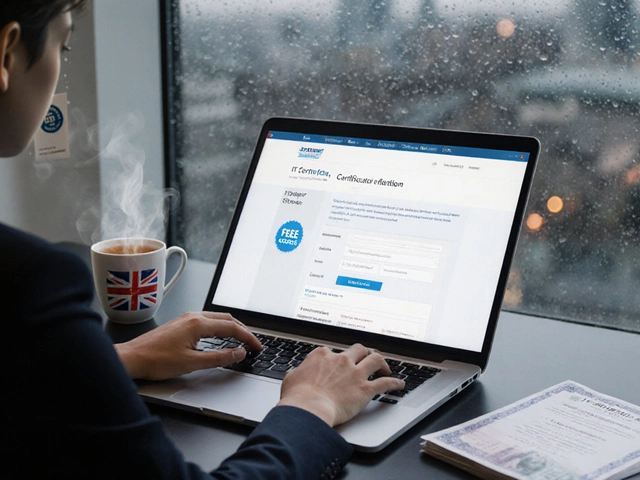
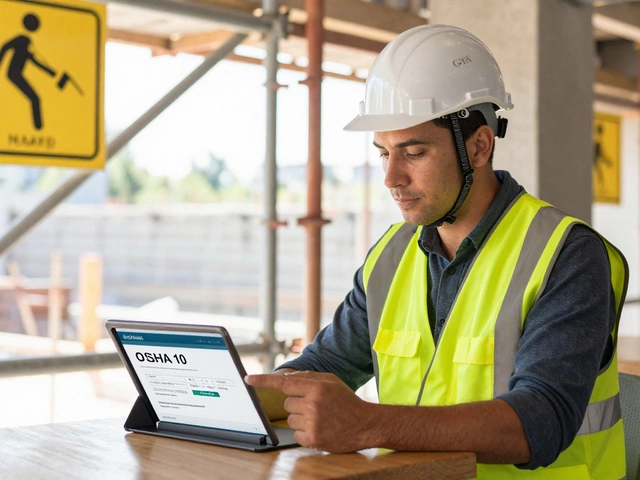
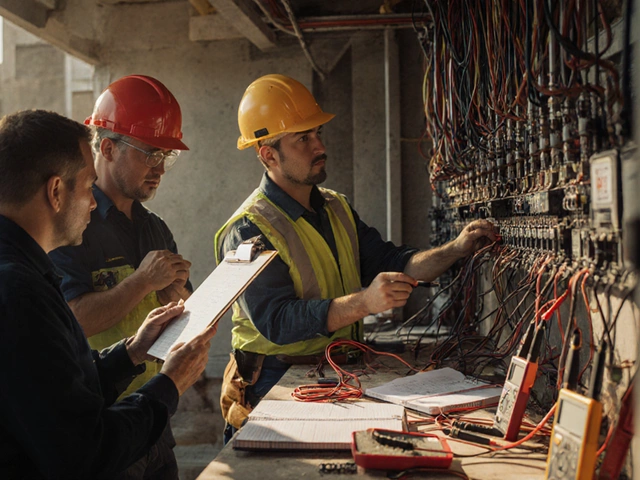
Write a comment